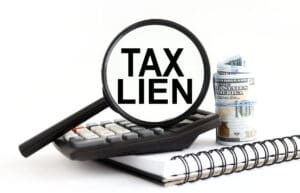What You Should Know About the Transient Lodging Tax
The transient lodging tax imposes a surcharge on transient lodging establishments throughout Nevada. Ranging between 10.5% and 13.38%, the combined transient lodging tax varies depending on factors such as the type of transient lodging facility, whether the lodging facility is located within the primary gaming corridor or the stadium district, and the distance of the lodging establishment from the Las Vegas Convention Center.
Taxing the Lodging Industry for Recreation Funding
Also referred to as the room tax, the transient lodging tax draws on the state’s tourism-based economy to generate funds for recreational and other essential projects. Revenue from the surcharge has helped fund an expansion of the Las Vegas Convention Center, the newly-built football stadium, and state education and transportation services.
Identifying Transient Lodging Operators
The room tax applies to all transient lodging establishments. Such establishments include facilities and structures designed, intended, or in use as lodging, dwelling, or sleeping occupancy for people. This may include motels, hotels, and resorts, as well as lodging houses, vacation homes, and apartment houses. Facilities such as foster homes, nursing homes, hospitals, and student or faculty housing owned by educational institutions do not have to pay the transient lodging tax.
Assessing Taxable Revenues
Not all charges assessed by hotels and other lodging facilities fall subject to the room tax. Rather, the rent-associated fees that may fall under the tax include those such as the following:
- All-inclusive room rate charges, such as check-in fees, access fees, and late check-out charges
- Cleaning costs, linen fees, and other such room-preparation charges
- Pet cleaning fees and deposits
Charges associated with food and other personal services do not fall subject to the room tax.
Pursuing Action for Alleged Unpaid Taxes
Recent audits have raised questions regarding how different operations interpret and carry out the code’s provisions. State lawmakers have proposed an amendment to the ordinance that would redefine gross receipts as the total rent received and would disallow the deduction of the value of room allowances, complimentary rooms, and other such discounts.
On a separate front, two communications company executives filed a qui tam lawsuit against nearly 30 online travel companies for allegedly shorting the room tax payments. In the claim, the whistleblowers allege that companies such as TripAdvisor and Expedia Inc. knowingly participated in efforts to short the state out of tens of millions of dollars in owed transient lodging tax revenue over the course of several years.




